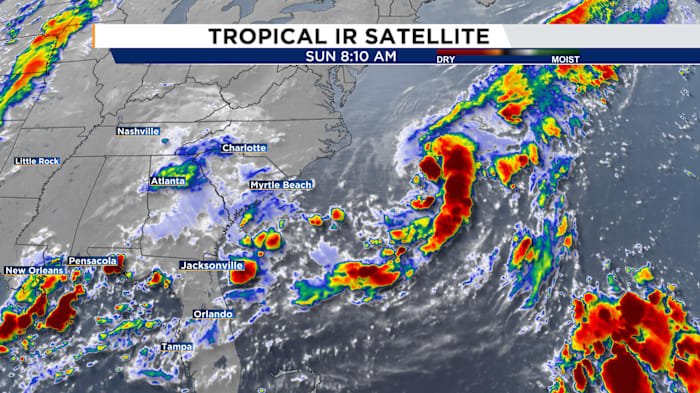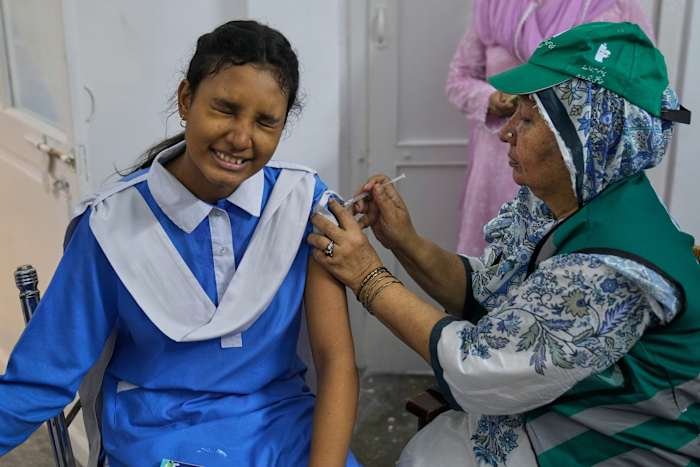In a rapidly changing digital world, the mental well-being of teenagers has become a growing concern—especially as more young people turn to artificial intelligence chatbots for advice, support, and companionship. This week, tech giants OpenAI and Meta (the parent company of Facebook and Instagram) announced significant updates to their AI chatbots, aiming to better support teens and other users in distress. For Orlando parents, educators, and teens themselves, these changes could have a direct impact on how our community navigates digital mental health resources and online safety.
Why AI Chatbots Are Important for Teens
Today’s teens are more connected than ever, with many spending hours each day chatting online, sharing on social media, and exploring new technologies. For many Orlando students, AI chatbots have become a go-to for quick answers, late-night conversations, or even emotional support when friends and family aren’t available. According to recent surveys, a significant portion of young people have used AI chatbots to discuss personal or sensitive topics—including mental health, stress from school, and even feelings of anxiety or sadness.
While these AI companions can provide valuable information and comfort, experts have raised concerns about their ability to respond appropriately in sensitive situations. The risk is that a chatbot might misunderstand a cry for help or, worse, offer advice that is unhelpful or even harmful. That’s why OpenAI and Meta’s commitment to improving their chatbot responses is so important—especially in a city like Orlando, where our schools and families are constantly seeking new ways to support youth mental health.
OpenAI’s New Safety Features
OpenAI, the company behind the popular ChatGPT platform, has rolled out a series of updates designed specifically to recognize and respond to signs of distress in young users. The company announced that its models are being trained to identify language that signals emotional struggle or crisis, such as mentions of depression, loneliness, or self-harm.
When such signals are detected, ChatGPT will now redirect conversations to encourage the user to seek help from a trusted adult or mental health professional. In some cases, the chatbot may provide contact information for national or local support resources. For Orlando teens, this could mean easier access to organizations like the Heart of Florida United Way 211 helpline, which connects residents to mental health services in Central Florida.
OpenAI has also implemented stricter privacy protocols for users under 18. These include restricting certain types of conversations and ensuring that potentially triggering topics are handled with extra care.
Meta’s Approach on Instagram and Facebook
Meta’s AI tools are already present in apps like Instagram and Facebook Messenger, which are widely used by Orlando’s youth. The company’s new measures focus on identifying when a teen user is in distress—either through direct messages with AI chatbots or by analyzing posts and stories for signals of emotional struggle.
When the system detects that a teen may be in crisis, it now offers in-app resources, such as tips for managing stress, information about local counseling services, and direct links to helplines. Meta is also working closely with mental health nonprofits and child safety experts to ensure these interventions are appropriate, supportive, and respectful of user privacy.
For Orlando parents and educators, these tools provide another layer of support. While they don’t replace personal conversations or professional counseling, they can be an important bridge for teenagers who might otherwise suffer in silence.
Community Impact in Orlando
The Orlando area is home to a diverse population of young people from many backgrounds, and rates of stress, anxiety, and depression among teens have risen in recent years. Local schools, such as those in Orange County Public Schools, have increased their focus on mental health education and resources. Still, gaps remain—especially for students who may feel isolated or hesitant to reach out for help in person.
The improvements from OpenAI and Meta offer new opportunities for Orlando’s youth to access support discreetly and safely. Local mental health advocates are hopeful that these changes can help prevent crises and connect more teens with the help they need. Parents are also encouraged to talk with their children about their online interactions and to familiarize themselves with the digital tools their kids are using—including AI chatbots.
For those working in youth services, community centers, or schools, these tech updates are a reminder that digital safety and mental health are interconnected. By staying informed and proactive, Orlando’s families and professionals can play a key role in making sure AI technology is a positive force in our city.
What Comes Next?
OpenAI and Meta have both pledged to continue refining their AI models to better serve vulnerable users. This includes ongoing partnerships with mental health experts, regular feedback from teens and parents, and updates based on the latest research. For Orlando, this means we can expect even more advanced safety features and resources in the months ahead.
As technology evolves, so too must our approach to online safety and mental health. Whether you’re a student, a parent, an educator, or a mental health advocate in Orlando, it’s important to stay engaged with these changes. Open communication, digital literacy, and community support are all essential as we navigate this new era of AI-powered companionship and care.
Conclusion: Share Your Thoughts
At Daily Orlando News, we believe the well-being of our community’s youth is a top priority. Do you think AI chatbots can play a positive role in supporting
















